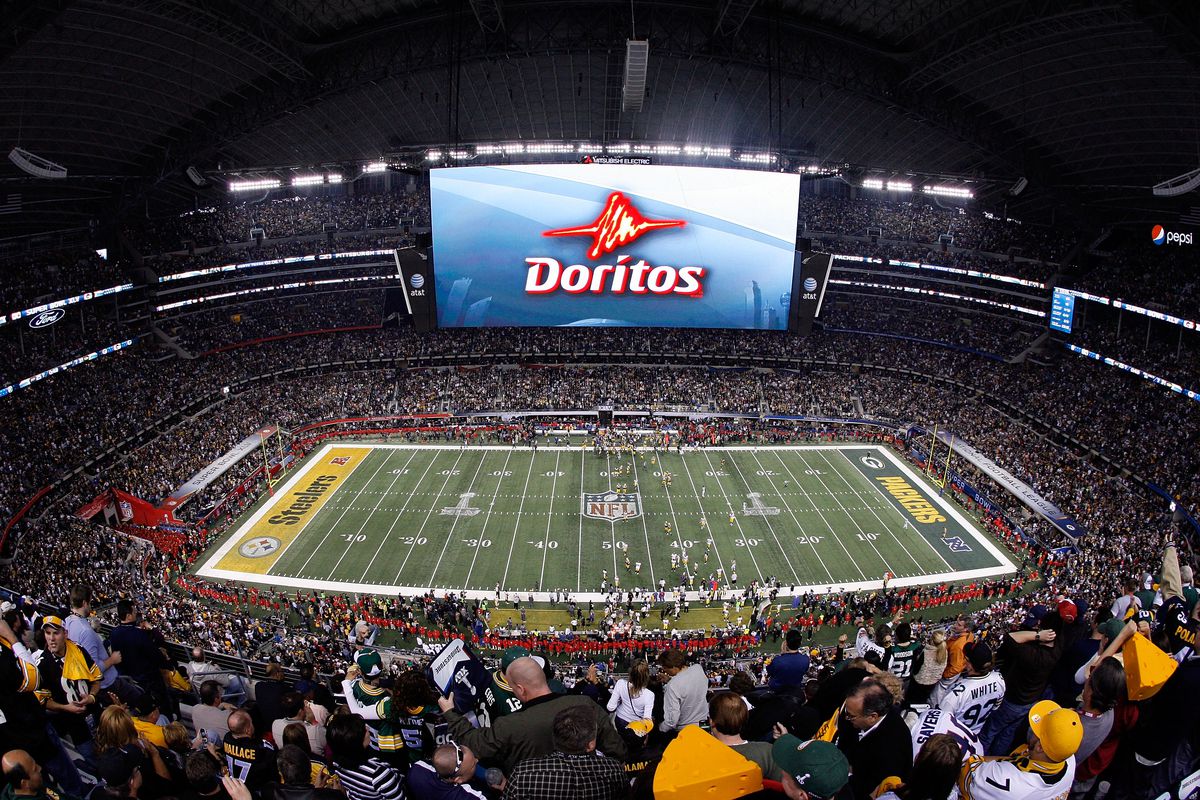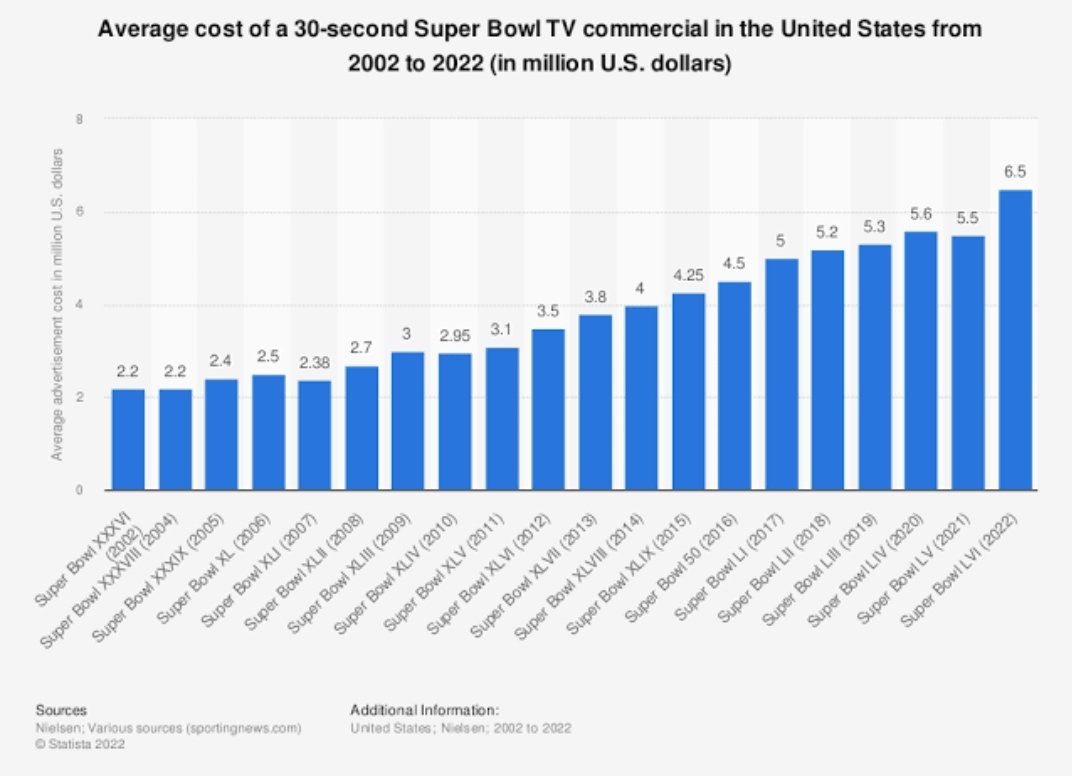
The Friday thread
Question via DM ➡️ How does SuperSport make money?
SS pay R600 million for annual right to broadcast the PSL. In 2016/17 they reportedly paid £168 million for EPL rights.
This is a thread on broadcasters and their revenue
THREAD ⬇️
#SportsBiz
Question via DM ➡️ How does SuperSport make money?
SS pay R600 million for annual right to broadcast the PSL. In 2016/17 they reportedly paid £168 million for EPL rights.
This is a thread on broadcasters and their revenue
THREAD ⬇️
#SportsBiz

Our first stop is subscription
Of the R36.6 billion generated in revenue, 81% was made in subscriptions for the year ended 31 March 2022
Of the R36.6 billion generated in revenue, 81% was made in subscriptions for the year ended 31 March 2022

SuperSport faces some challenges.
Average Revenue Per User (ARPU) is declining as consumers switch to more affordable packages.
Other options such as streaming on Netflix, DSTV compact or getting rid of television altogether are very serious options.
📸MyBroadband
Average Revenue Per User (ARPU) is declining as consumers switch to more affordable packages.
Other options such as streaming on Netflix, DSTV compact or getting rid of television altogether are very serious options.
📸MyBroadband

Next up is advertising.
Ads vary in length from 10, 20, 40, 50, 60 seconds or longer with the optimal length being 30 seconds.
A US study found that the average NFL game run three hours, 11 minutes and includes 63 minutes of commercials
📸Vox
Ads vary in length from 10, 20, 40, 50, 60 seconds or longer with the optimal length being 30 seconds.
A US study found that the average NFL game run three hours, 11 minutes and includes 63 minutes of commercials
📸Vox

Depending on where they are flighted, ads can be very expensive.
Last year CBS hosted Super Bowl 55, and the highest recorded price for a Super Bowl commercial was $5.6 million. This year ads were selling for upwards of $6.5 million for a 30-second ad.
Data source: Nielsen
Last year CBS hosted Super Bowl 55, and the highest recorded price for a Super Bowl commercial was $5.6 million. This year ads were selling for upwards of $6.5 million for a 30-second ad.
Data source: Nielsen

Ad rates also vary depending on the type of content being advertised on with popular live events commanding a premium.
From a South African point of view, these are the SABC rates ⬇️
A tier 1 ad for 5 seconds costs R250 but a tier 50 ad for 30 seconds can cost R1.2 million
From a South African point of view, these are the SABC rates ⬇️
A tier 1 ad for 5 seconds costs R250 but a tier 50 ad for 30 seconds can cost R1.2 million

Broadcasters have to be careful not balance advertising revenue and live sports so as not to upset viewers.
To this end, they stick to very specific slots and media buyers use research data to inform them of the optimal time slots in which to advertise.

To this end, they stick to very specific slots and media buyers use research data to inform them of the optimal time slots in which to advertise.


There are various kinds of ads
Television Commercials (TVC): TVCs are the most common type of television ad. They typically last between 15 and 60 seconds and air during commercial breaks.
Television Commercials (TVC): TVCs are the most common type of television ad. They typically last between 15 and 60 seconds and air during commercial breaks.
Sponsorship mentions: These belong to the more subtle types of tv advertising.
Whenever you see the name of a tv programme followed by stuff like ‘’brought to you by’’ or ‘’presented to you by’’, it is sponsorship advertising.
Viewers of American sport will know of Modelo⬇️
Whenever you see the name of a tv programme followed by stuff like ‘’brought to you by’’ or ‘’presented to you by’’, it is sponsorship advertising.
Viewers of American sport will know of Modelo⬇️

Squeezeback ads, reduce the size of advertisement to allow content to run around it.
They are very popular and are frequently used by betting companies to promote certain betting markets during sports games.
An example of a squeeze back ⬇️
📸WSB
They are very popular and are frequently used by betting companies to promote certain betting markets during sports games.
An example of a squeeze back ⬇️
📸WSB

Pop up ads.
While these have not been seen in South Africa, users of TV provider Roku are testing pop-up ads with live broadcast customers.
These could be a lucrative source of revenue as they can be tailored to the in-game action and sent at strategic times.
While these have not been seen in South Africa, users of TV provider Roku are testing pop-up ads with live broadcast customers.
These could be a lucrative source of revenue as they can be tailored to the in-game action and sent at strategic times.
Sub-licensing rights can be very lucrative.
South Africa has seen this play out through contestation between SuperSport and the SABC over rights for cricket, rugby and football.
South Africa has seen this play out through contestation between SuperSport and the SABC over rights for cricket, rugby and football.
In 2019, the PSL rights were at issue again as the SABC claimed they couldn't afford the sub-license fee
The SABC in a statement on 3 August 2019 said that it "was expected to pay SuperSport R280 million for 144 matches per year for a period of five years"
Government intervened
The SABC in a statement on 3 August 2019 said that it "was expected to pay SuperSport R280 million for 144 matches per year for a period of five years"
Government intervened
Set top boxes and installation fees are another revenue generator but subscriptions and ad revenue are really where it's at.
That wraps it up for this quick explainer.
Hope you all have a good weekend.
Enjoy, see you on Monday 🤙🏾
That wraps it up for this quick explainer.
Hope you all have a good weekend.
Enjoy, see you on Monday 🤙🏾
Been asked how the SABC makes money.
As a free to air broadcaster, they don't have subscription revenue so their primary revenue generator is advertising.
See the summary income statement ⬇️
As a free to air broadcaster, they don't have subscription revenue so their primary revenue generator is advertising.
See the summary income statement ⬇️

Also, please follow us for weekly sports business threads and insight
Cheers.
Cheers.
• • •
Missing some Tweet in this thread? You can try to
force a refresh













